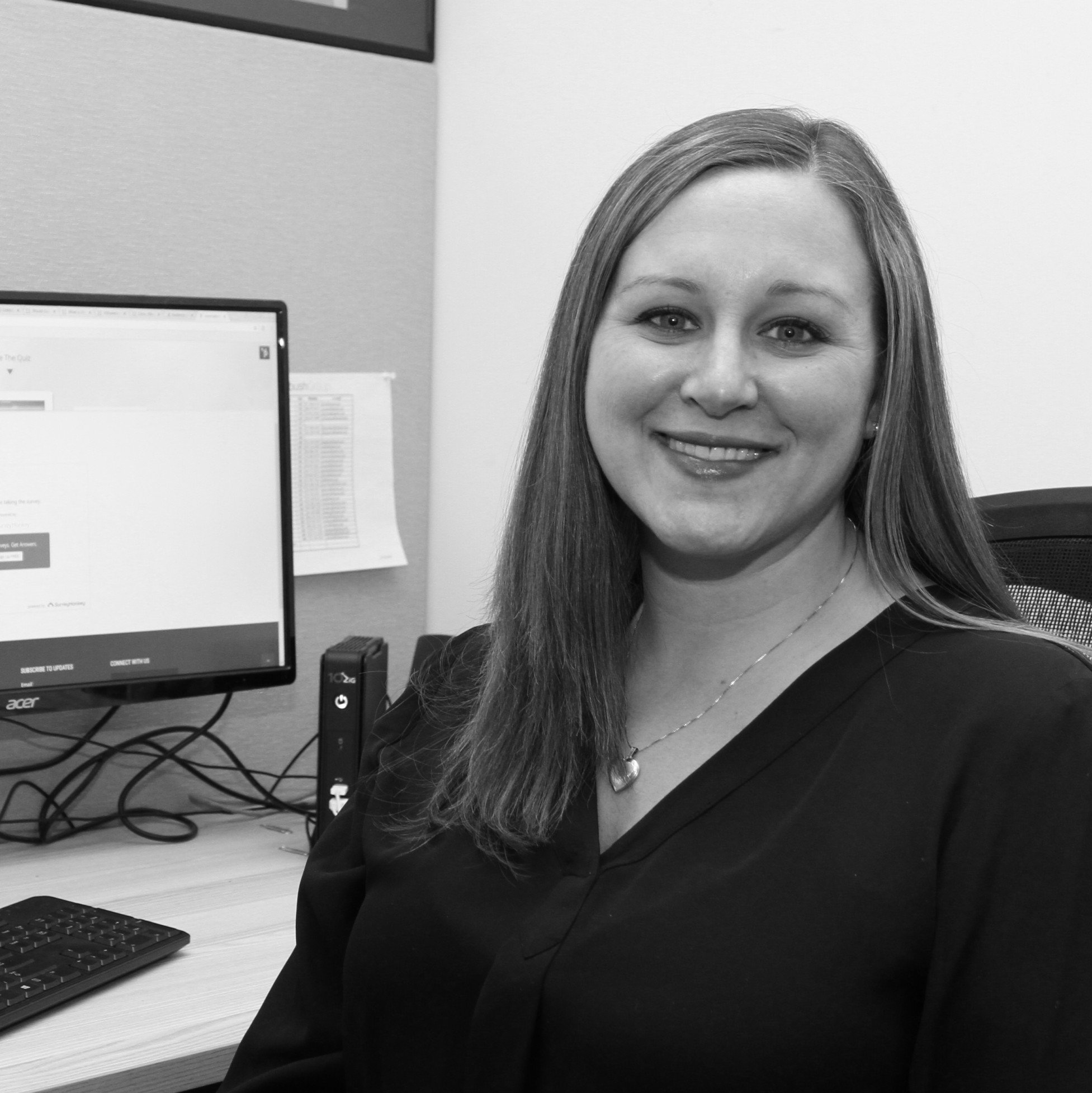The transition to hybrid workplaces prompted law firms to embrace the cloud for the mobility and accessibility it provides. But as they contemplate a full transition to cloud-based technologies, some law firms are stubbornly clinging to the perception that the cloud is not as secure as on-premise solutions. This perception could not be further from the truth. In fact, the cloud provides superior cybersecurity.
Attracting and Retaining Talent
Nearly 40% of the firms responding to Tabush Group’s 2023 Survey on Law Firm Technology said the pandemic either sped up their adoption of the cloud or caused them to start using the cloud. Only a small minority (6%) of firms reported they are not leveraging the cloud at all.
It is clear to law firms that the cloud provides many benefits, from enabling the flexibility and productivity needed for a hybrid or remote workplace policy to the enhanced ability to scale operations up or down as needed. But nearly half of firms – 48% – cited security concerns as a barrier to making a full transition to the cloud. This inaccurate perception is unfortunate because law firms, who are legally and ethically responsible for protecting their clients’ private data and who rely heavily on technology in their business model, can realize many security benefits from fully adopting cloud-based technologies.
Cloud Provider Offers Secure Systems
When a law firm is fully in the cloud, all of the firm’s data and applications lie within the cloud provider’s secure private cloud. As a cloud provider’s entire business model depends on its ability to maintain security, a reputable provider will have multi-faceted security features in place to ensure the impenetrability of its systems and the protection of the law firm’s data and sensitive client information. Reputable cloud providers’ systems are constantly upgraded, audited for potential weaknesses, and monitored on a 24/7/365 basis for threats or unusual activity. The provider will install software updates and security patches as soon they become available, ensuring law firms are always working on the most updated, secure versions. The provider will also ensure all the firms’ devices have effective firewalls, anti-virus software, and encryption tools.
Cloud Providers Offer Needed Expertise and Resources
In the survey, law firms listed cybersecurity as their biggest IT priority, as well as their greatest IT challenge. With cyber attacks rapidly escalating in frequency and sophistication, it’s prohibitively expensive for small and midsized law firms to build and maintain all the competencies they need in-house to secure a system to today’s standards. By partnering with a cloud provider, a law firm can benefit from expertise and resources in all facets of cybersecurity, which the cloud provider can invest in due to economies of scale. Cloud providers have teams of engineers and technicians on hand with the full spectrum of required competencies to prevent, respond to, and thwart all manner of threats. The cloud provider can also provide security education and training to the law firm’s team.
Cybersecurity Beyond The Walls of Your Office
The hybrid law office is here to stay. According to the Colliers 2023 North America Law Firm Advisory Group Spotlight Report, only 1 in 5 law firms currently require or are transitioning back to full-time office attendance. Most of the remainder will retain a hybrid work schedule, with two or three days in the office the most common arrangement, while 1 in 10 firms will remain fully remote. The widespread adoption of flexible workplaces created incremental security challenges for law firms. Remote and hybrid firms need security that stretches beyond the physical walls of their offices to wherever attorneys and staff are working and whatever devices they are using. Cloud-based solutions enable the truly elastic security that is needed to safeguard data when team members are working outside the office.
For instance, Desktop as a Service (DaaS) is a cloud-based solution that moves a company’s servers, desktops, applications, and files to the cloud provider’s private cloud. A Windows desktop is streamed over the internet to users, who have full secure access to all applications and files from any device and from anywhere. All logins take place within the cloud provider’s secure cloud, allowing for secure connections and computing whether attorneys and staff are working at home, in the office, or on the go.
Cloud Provides Seamless Backup and Business Continuity
The cloud’s inherent backup and business continuity benefits complement its security features by providing law firms with access to all their files, even in the event a cyber attack, natural disaster, or other emergency damages or renders their premises and equipment unusable. All files and data are automatically backed up and stored off-site and can seamlessly be accessed from any location. A reputable private cloud provider will operate from multiple data centers, which have built-in redundancies to safeguard against the possibility of a natural disaster or emergency at one of the provider’s own facilities.
When interviewing cloud providers, be sure to verify their data centers are enterprise N+1 level facilities with multiple layers of security, including biometric access controls and military-grade encryption, to ensure top-of-the-line security. Further, check that all facilities are third-party audited and that they meet all the standards required by the legal industry and your clients’ industries.
Tabush Group is a leading provider of secure cloud-based IT solutions and managed IT services. To learn more about how Boxtop, our Desktop as a Service (DaaS) solution, can make your firm’s operations more efficient and secure, contact us.









